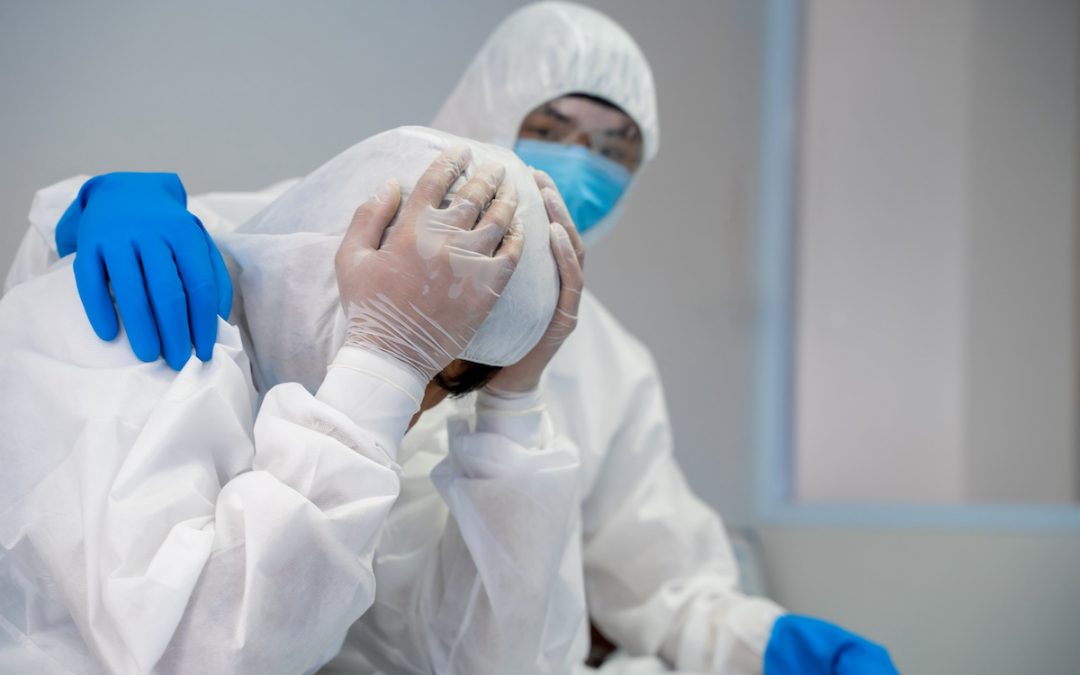Recently, I had an opportunity to check in with leaders across the healthcare industry to pause and reflect on the past two years of caring for our community and each other in the midst of a pandemic. We talked about what we have learned about ourselves, our teams, and what we want to do differently moving forward.
In hospitals and healthcare entities across the country, healthcare workers are feeling worn out physically and emotionally, and many are leaving in numbers not seen in the past. Personally, I’m an optimist by nature, but these have been incredibly challenging times, and there are days, I must admit, I wake up feeling a bit discouraged. Despite months of our very best efforts, it is now clear that COVID will be with us in some form or fashion for the foreseeable future. That slow realization has been demoralizing and downright depressing to people who have given so much of themselves—in fact, all they have—to protect and care for others.
As these healthcare leaders and I discussed our experiences, the question foremost on my mind was this: with so much bringing us down, what can we do to lift each other up? We must respond to these difficult times with a deep sense of caring, understanding, and support for one another and our communities.
What can we do for each other?
Articles and books about the importance of self-care in stressful times abound. They recommend that we focus on the positive, celebrate small wins, get regular exercise, schedule alone time, and recharge doing things you love. These are just a few practices for staying physically, mentally, and emotionally healthy. Behaviors like these are essential, and I encourage you to pursue them.
However, we must also be willing to not only look within but also reach out to those around us with genuine care, concern, and encouragement. We must lift each other up in hard times.

